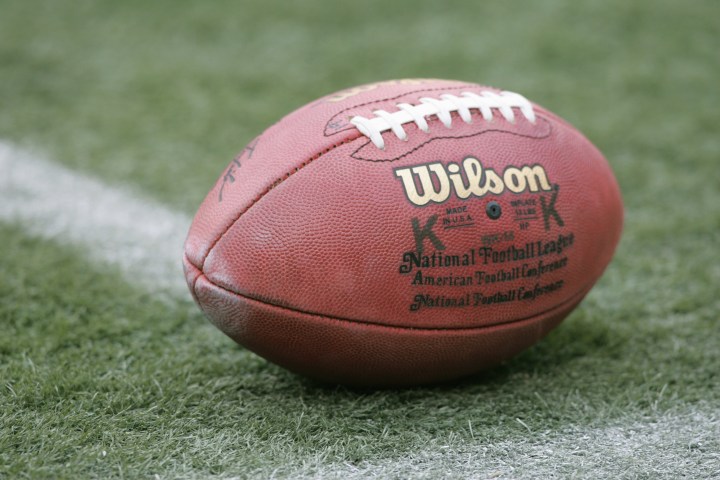
How fantasy football became a billion-dollar industry

The NFL season starts Thursday, and a lot of fantasy football leagues are having their drafts over Labor Day weekend. There’s a lot of money on the line. The global market for fantasy sports is expected to grow to over $22 billion in 2021, according to Research and Markets.
But it wasn’t always like this. Longtime players remember the days of doing drafts with pen and paper and using the newspaper to calculate their standings by hand.
“We’ve come a long way since the 1960s,” said Brody Ruihley, a professor of sport leadership and management at Miami University, in an interview with Marketplace’s Andy Uhler.
“And all of a sudden, now we can check our lineup on our phone. We can draft on the phone. We can see the activity through apps, through our tablets, through our cellphones.”
Uhler spoke with Ruihley about the history of fantasy sports and how it became a booming industry. The following is an edited transcript of their conversation.
Andy Uhler: I’ve been playing fantasy football since 1991. I was 9 years old. We were doing drafts at my granddad’s office on poster board; we were mailing things to commissioners. Tell me about the evolution of fantasy football specifically, but also fantasy sports generally.
Brody Ruihley: We’ve come a long way since the 1960s. You [used to] have in-person drafts; the newspaper was your source to get statistics and update them by hand. But fantasy sport really does mirror technological changes. So we think about the mid-1990s with the internet, and then all of a sudden, statistics can become digitized and be available online. We see that standings in leagues and transactions can all take place on a website, as opposed to somebody’s handwritten notebook. And all of a sudden, now we can check our lineup on our phone. We can draft on the phone. We can see the activity through apps, through our tablets, through our cellphones. And once we see some legislative change, now all of a sudden, daily fantasy sport has more of a voice at the table. And of course, sports betting.
Uhler: That’s what I was going to say, too. Legalized gambling, I imagine, is actively changing the industry, yeah?
Ruihley: Yeah, I would think so. It’s interesting because we’re in the middle of this transition. Sports betting used to be done through an offshore account or somewhere that was legal, like Las Vegas, and now people can do it more in their home state. And time will tell how that impacts the fantasy sport industry. Perhaps it opens up more opportunity for the daily fantasy sport market to do it legally in states. But, maybe a lot of the people that participated in daily fantasy sport really just want to do legalized sports gambling in their own state, and so maybe they drop daily fantasy sport to go do the legalized sports betting. So time will tell on that. But what I see happening right now is companies like FanDuel and DraftKings, they are hedging their bets with providing sports betting, providing daily fantasy sport contest — both of those opportunities under that one umbrella.
Uhler: I’m curious too, watching broadcasters, watching the leagues and industry understand, hey, this is a really good way to engage consumers, right? To sort of engage the market. It took the leagues a minute to figure that out, but once they did, they were all in, yeah?
Ruihley: Yeah, it took them a hot minute. In 2010, ESPN released a report showing that fantasy sport users consumed nearly three times the media that nonfantasy sport users did — which, of course, advertisers and marketers love that type of consumer. And so once they found out that fantasy sport users are highly invested, then we can open up different shows and segments and opportunities for those fantasy voices to then be heard. And look no further than ESPN providing multiple shows during prime-time coverage dedicated to fantasy sport.
There’s a lot happening in the world. Through it all, Marketplace is here for you.
You rely on Marketplace to break down the world’s events and tell you how it affects you in a fact-based, approachable way. We rely on your financial support to keep making that possible.
Your donation today powers the independent journalism that you rely on. For just $5/month, you can help sustain Marketplace so we can keep reporting on the things that matter to you.

















